Description
This plant is restricted for shipment to AZ, CA, TX
Latin Name: Carya illinoinensis
Other Common Names: Pecan, Northern Pecan, Hardy Pecan
Hardiness Zones: 5-9
Mature Size: Typically grows 75-100 ft (22-30 m) tall with a spreading, round crown. The trunk usually reaches 2 to 4 ft (0.5 to 1 m) wide (Missouri Botanical Garden).
Preferred Soil and Climate: Thrives in hot and humid summers. Requires cross-pollination from two or more trees of different cultivars. Transplanting can be challenging due to its long taproot. Prefers moist, rich, well-drained soils and full sun (Missouri Botanical Garden).
Additional Notes: Leaves are odd-pinnate compound, each with 9 to 17 leaflets, ranging 12-18 inches (30-45 cm) long (Virginia Tech). Leaflets are 2-7 inches (5-18 cm) long, pointed at the ends, and transition from medium green to yellow-green and then yellow-brown in fall. Greenish-yellow flowers bloom in April-May; male flowers in 4-inch (10 cm) long catkins, females in shorter spikes. Female flowers develop into nuts with thin husks maturing in fall. Northern regions may produce fewer nuts, with production typically starting when the tree reaches 8-10 years old (Missouri Botanical Garden). Bark is smooth on young trees, becoming fissured and scaly with age (Virginia Tech). Pecan nuts are edible, prized for their rich, buttery flavor, and are a good source of protein and unsaturated fats. They are enjoyed fresh or used in cooking, notably in pecan pie. The wood is utilized in furniture and wood flooring, and the tree is valued as a shade provider.
Common Issues: Generally free of serious problems. Minor issues include scab, fall webworms, aphids, twig girdlers, and pecan weevils (Missouri Botanical Garden).
Wildlife: Pecan nuts are favored by squirrels, deer, raccoons, foxes, wild turkeys, wood ducks, crows, blue jays, and various bird species.
Cold Stream Farm supplies Northern Pecan trees which are grown as bare root seedlings and transplants and sold both wholesale and retail with no minimum order.
Sources:
Missouri Botanical Garden: Carya illinoinensis
- Virginia Tech Dendrology: Pecan Fact Sheet
Additional information on Carya illinoinensis can be found on the link: USDA / NRCS PLANTS Database.

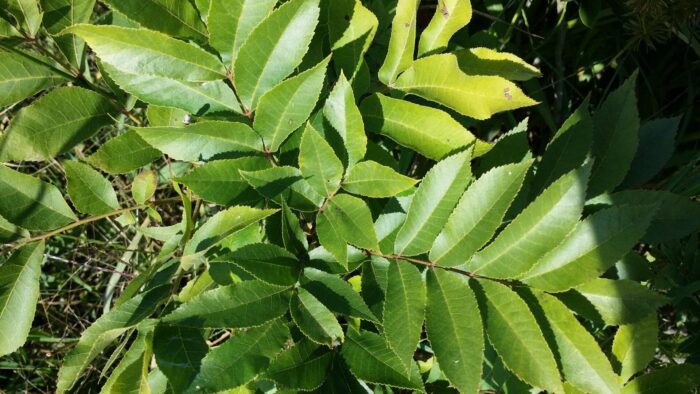
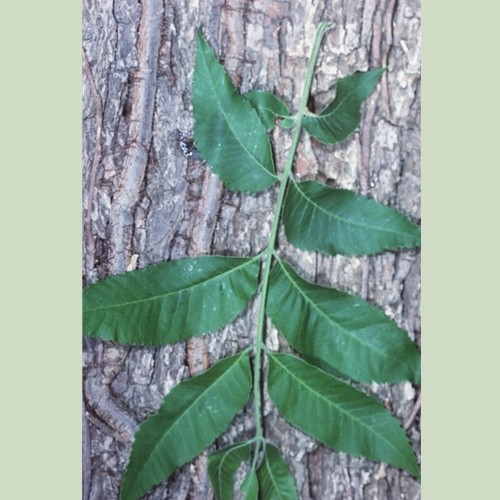
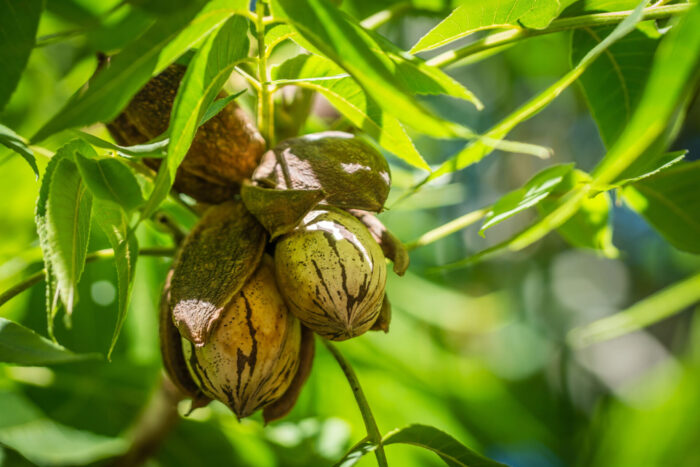
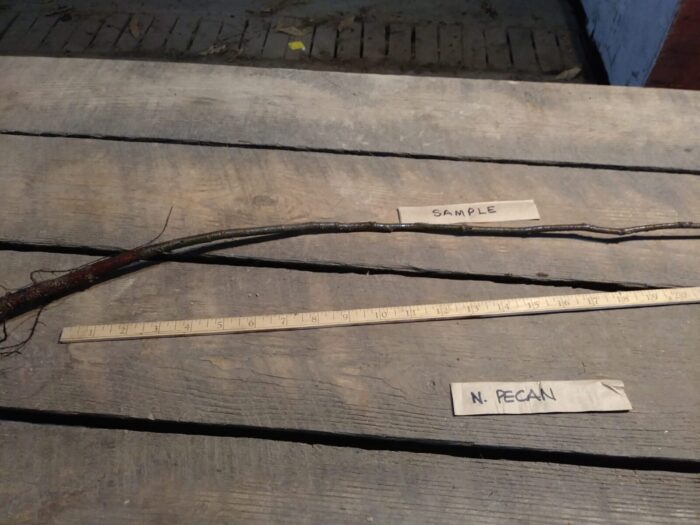
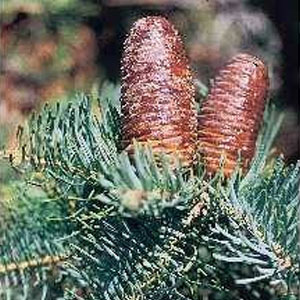
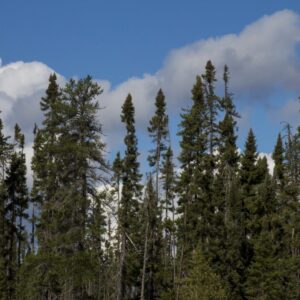
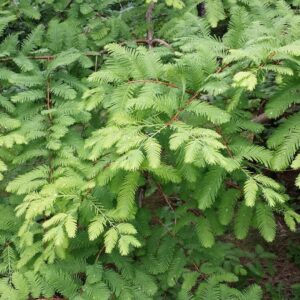
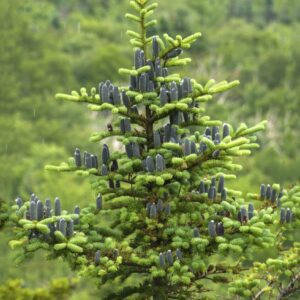

Reviews
There are no reviews yet.